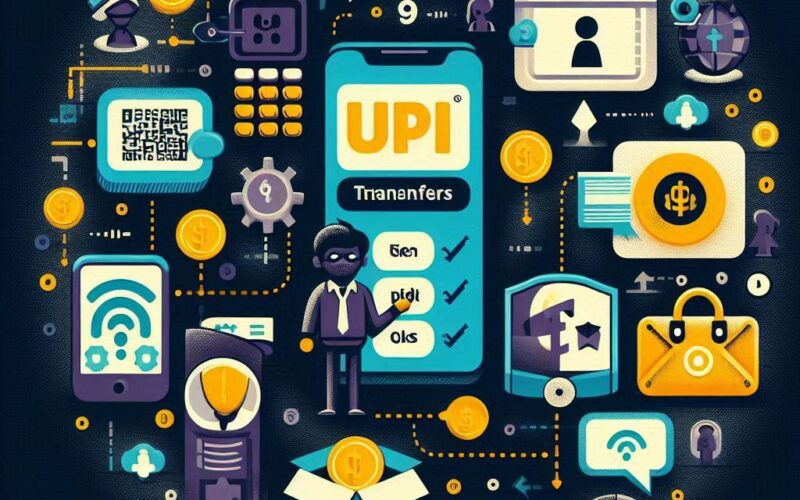In today’s digital age, courier delivery scam has become increasingly prevalent, targeting unsuspecting individuals eagerly awaiting deliveries. This deceptive tactic unfolds in various scenarios, whether you’re anticipating a package or not.
Imagine you’re eagerly waiting for a courier delivery. Perhaps it’s a long-awaited package or something you’ve recently ordered online. Suddenly, you receive an unexpected call or find yourself navigating through a maze of tracking websites online. You stumble upon a contact number that promises to provide detailed information about your shipment.
Unbeknownst to you, this seemingly innocent call or website interaction sets the stage for a sophisticated form of manipulation. The fraudster on the other end informs you that your package is stuck in transit due to unforeseen issues. To expedite the delivery process, they request a nominal payment—often as trivial as a few rupees.
Initially, this request may seem harmless, prompting many to agree without a second thought. However, what follows is a meticulously planned sequence of events designed to deceive and defraud.
Steps Involved in the Scam:
-
- Download and Install the APK File: The fraudster convinces you to download an innocuous APK file, often sent via messaging platforms like WhatsApp.
-
- Installation Guidance: You are instructed to install the application on your smartphone. The fraudster may provide step-by-step instructions, making the process seem harmless.
-
- Modifying App Settings: Once installed, the fraudster guides you through altering settings within the app, such as changing phone numbers or binding it to a specific SIM card.
Once these steps are completed, the fraudster gains unauthorized access to intercept your SMS messages. This allows them to quietly intercept OTPs and other sensitive information crucial for UPI transactions. Importantly, fraudsters exploit the initial low transaction limits set by banks or UPI platforms (typically around 5,000 INR on the first day, rising to 1,00,000 INR the next day). Their goal is to execute transactions swiftly and surreptitiously, minimizing the chances of detection.
Victims often remain unaware of these unauthorized transactions for as long as possible, allowing the fraudster to continue exploiting their access undetected. It underscores the importance of caution when handling apps and sharing personal information online, especially with unfamiliar sources.
How to Stay Safe:
Protect yourself from courier delivery scams and similar fraudulent schemes with these essential tips:
-
- Avoid Unknown Apps: Never download or install applications from unfamiliar sources, especially if they are prompted by unknown individuals. Stick to trusted app stores and verify the legitimacy of any app before installation.
-
- Stay Informed and Vigilant: Awareness is key. Stay updated on common fraud tactics and remain vigilant when interacting with courier services or handling sensitive information online.
-
- Verify Sources: Always verify the authenticity of websites, phone calls, or messages claiming to be from courier services or financial institutions. Cross-check contact information directly from official websites.
-
- Question Unusual Requests: Be wary of requests for nominal payments or unusual steps to resolve delivery issues. Legitimate courier services rarely request payments for normal delivery procedures.
-
- Secure Your Devices: Ensure your smartphone and other devices are protected with up-to-date security software. Regularly update your operating system and apps to safeguard against vulnerabilities.
By adopting these precautions and maintaining a cautious approach, you can significantly reduce the risk of falling victim to courier delivery scams and other online frauds.
This story illustrates just one facet of courier fraud, focusing on the method involving APK files. Stay tuned as we explore other deceptive approaches, such as customs-related scams, in our upcoming articles.

